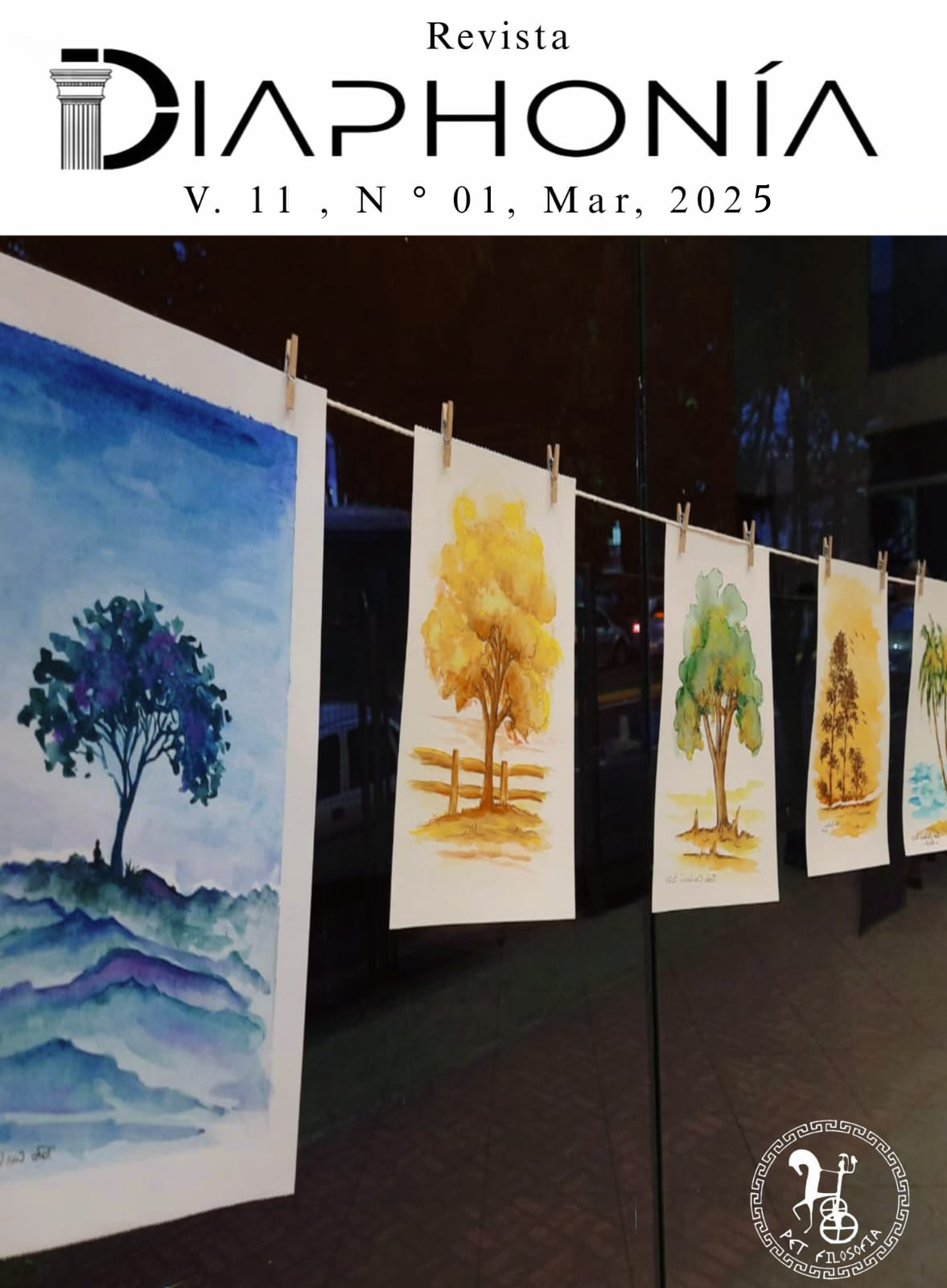The nomos of decision within myths and rebellion:
Prometheus, the persians and Antigone
DOI:
https://doi.org/10.48075/rd.v11i1.35244Palavras-chave:
Nomos, Myth, RebellionResumo
The paper analyses how political decision-making against tyranny is manifested in ancient Greece through nomos. In this dimension, the concepts of themis, dike and nomos as the balance between force and justice are considered. The decision is configured in the parameters of decision and rebellion in the tragedies and myths, such as that of Prometheus and Antigone who embody disobedience in the face of arbitrary laws and the Persians by Aeschylus, where in front of the enemy the population consider themselves as "no man's servants," who can govern themselves by just reacting to the established decision-making process. It investigates, then, how political technique and the ability to make decisions are, to a certain extent, reflective of each other and fundamental to civil liberty and the struggle against oppression.
Downloads
Publicado
Como Citar
Edição
Seção
Licença
Copyright (c) 2025 Revista DIAPHONÍA

Este trabalho está licenciado sob uma licença Creative Commons Attribution-NonCommercial-ShareAlike 4.0 International License.
Aviso de Direito Autoral Creative Commons
Política para Periódicos de Acesso Livre
Autores que publicam nesta revista concordam com os seguintes termos:
1. Autores mantém os direitos autorais e concedem à revista o direito de primeira publicação, com o trabalho simultaneamente licenciado sob a Licença Creative Commons Attribution que permite o compartilhamento do trabalho com reconhecimento da autoria e publicação inicial nesta revista.
2. Autores têm autorização para assumir contratos adicionais separadamente, para distribuição não-exclusiva da versão do trabalho publicada nesta revista (ex.: publicar em repositório institucional ou como capítulo de livro), com reconhecimento de autoria e publicação inicial nesta revista.
3. Autores têm permissão e são estimulados a publicar e distribuir seu trabalho online (ex.: em repositórios institucionais ou na sua página pessoal) a qualquer ponto antes ou durante o processo editorial, já que isso pode gerar alterações produtivas, bem como aumentar o impacto e a citação do trabalho publicado (Veja O Efeito do Acesso Livre).
Licença Creative Commons
Esta obra está licenciada com uma Licença Creative Commons Atribuição-NãoComercial-CompartilhaIgual 4.0 Internacional, o que permite compartilhar, copiar, distribuir, exibir, reproduzir, a totalidade ou partes desde que não tenha objetivo comercial e sejam citados os autores e a fonte.


